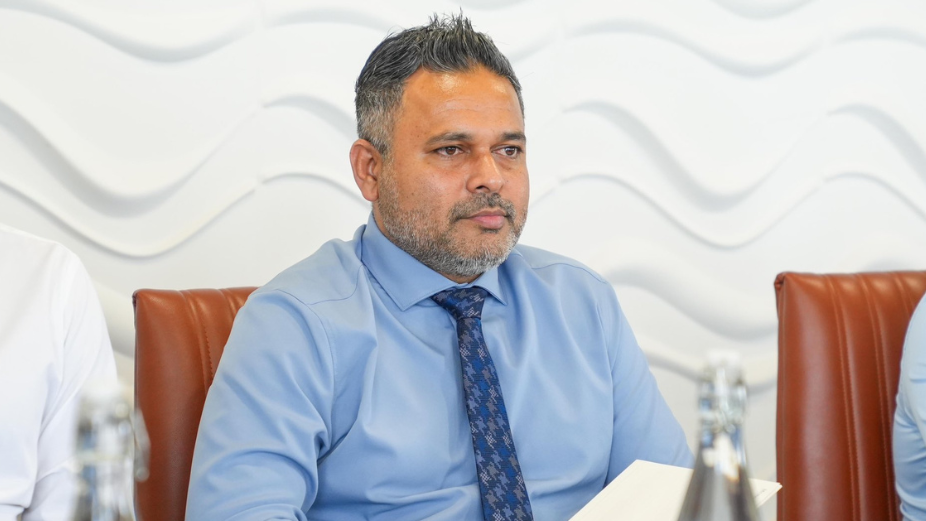
Fisheries Minister Ahmed Shiyam addressed the delay in government payments to fishermen, a commitment made by President Mohamed Muizzu to settle payments within 48 hours of a catch. Speaking at a press conference held at the President’s Office, Shiyam acknowledged the frustration of fishermen who have reported delays, explaining that the administration is actively working to resolve inherited backlogs and financial challenges.
The minister assured that the current government remains steadfast in its promise, contrasting it with past commitments that, in his words, “some governments do not even remember.” Shiyam emphasised that despite the current economic difficulties, President Muizzu’s administration is focused on meeting this commitment without shortcuts like printing money, a tactic used by the previous government that led to inflationary pressures.
To achieve the 48-hour payment goal, Shiyam highlighted three main strategies. First, the government is seeking ways to increase state revenue, creating a stable financial foundation for timely payments. Second, efforts are underway to provide fishermen with competitive prices for their catch. Lastly, the government is working to improve management practices within the Maldives Industrial Fisheries Company (MIFCO) to streamline the payment process.
Ambitious Expansion in Fish Storage Capacity Announced
The government has also outlined an ambitious plan to increase the nation’s fish storage capacity, aiming to enhance the fishing industry’s resilience and export potential. According to Shiyam, the country’s current storage capacity of 8,500 tonnes will be increased to 25,000 tonnes within the next five years, addressing one of the primary barriers to achieving better export prices.
Presently, about 65% of Maldivian fish is exported as raw material, which reduces revenue since prices are typically set by buyers. The limited storage capacity compels the industry to sell at these dictated prices. Shiyam noted that expanding storage and processing facilities would enable the Maldives to set its own prices for exports, enhancing foreign exchange earnings.
Expansion Projects Across Key Locations
The storage expansion includes a series of new projects and upgrades across the Maldives:
- Gdh. Thinadhoo: A 1,000-tonne facility under construction, expected to be completed by mid-next year.
- Gdh. Fiyoree: In collaboration with a Chinese company, a 3,000-tonne storage facility and a 100-tonne processing unit will be developed.
- Ga. Kooddoo: The current 2,000-tonne capacity will be expanded by 4,000 tonnes.
- S. Hulhudhoo: MIFCO will add 500 tonnes, with funding from the Islamic Development Bank, to be completed by mid-2026.
- F. Nilandhoo: A 1,500-tonne storage facility is planned.
- M. Mulak: A 500-tonne facility, funded by the Saudi Fund, is scheduled for completion in 300 days.
- Ha. Ihavandhoo: A new 1,000-tonne capacity facility is expected by mid-2026.
- Lh. Felivaru: Storage capacity will be increased by 4,000 tonnes, along with 100 tonnes to support fish-packing.
Shiyam highlighted that these projects, if executed successfully, will transform the fishing industry by providing greater stability and improved export prices.
Boosting Fish Processing Capacity
In addition to storage, the government intends to increase fish processing capacity. New processing facilities, each with a 100-tonne capacity, are planned for Lh. Felivaru, F. Nilandhoo, and Gdh. Fiyoree. Shiyam stated that these expansions would enable the Maldives to export processed fish at higher prices, doubling the country’s revenue from fish exports.
Shiyam described this initiative as “the biggest revolutionary change that a government will bring to the fishing industry in the history of the Maldives.” By strengthening both storage and processing capabilities, the Maldives is set to create a more profitable and stable future for the fishing industry, benefiting fishermen and the economy.












